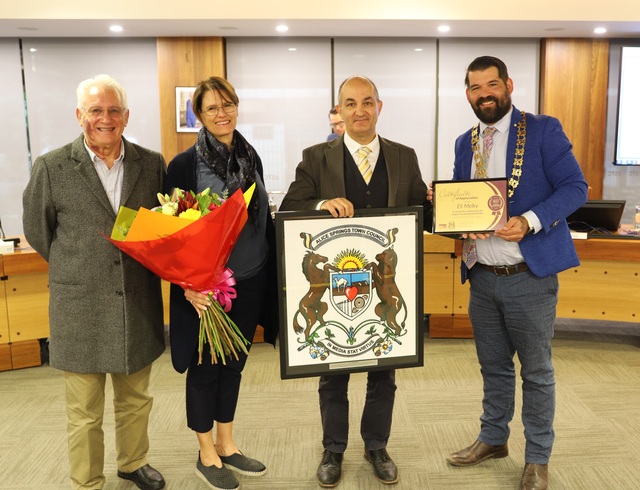Providing care for people who are dying and their families is a hallmark of a humane and caring society. The Australian Government, through the National Palliative Care Program, is helping to improve palliative care in Australia.
Most people prefer to be cared for at home, in familiar surroundings, with people they know and love. This program is ensuring that this care is more coordinated, that families have more help, and that health professionals are more skilled in managing distressing symptoms.
Australia has moved from a system of care that was fragmented and inconsistent to one that is responding nationally to ensure quality care at the end of life. In essence, the National Palliative Care Program:
- helps people to be cared for at home at the end of their life
- supports better pain and symptom management
- improves the quality of palliative care services
- supports families and the community to better care for their loved ones, especially at home
- improves the skills and knowledge of health professionals in palliative care
- funds research so there is more evidence for palliative care practice
- gathers quality data to better plan palliative care services and the treatment of patients.
For instance, including a palliative care section in the Pharmaceutical Benefits Scheme results in more access to medications for people who are dying at home.
As well, more than 4,000 pieces of equipment have been purchased to lend to families to help care for their loved ones, and additional resources have been provided for respite care.
Coordinating services for palliative care patients in rural and remote areas is supported through funding to eight rural Divisions of General Practice which work with GPs and community health workers to improve community services. In addition, 37 local communities have been funded under the Caring Communities program for projects covering community education; training for health professionals; education and support for families, carers and volunteers; and support for rural communities and the aged care sector.
To better prepare health professionals, several education and training initiatives are being introduced. These include resources for undergraduate curriculum, postgraduate courses, scholarships and a very popular workforce placement program called the ‘Program of Experience in the Palliative Approach’ (PEPA). Through PEPA, health professionals undertake a 10 day placement in a specialist palliative care service.
So far, there have been more than 220 placements, 178 nurses and 44 allied health participants. The program is presently being extended to include GPs.
For more information on these and other initiatives funded under the National Palliative Care program, please see our web site at www.health.gov.au/palliativecare







